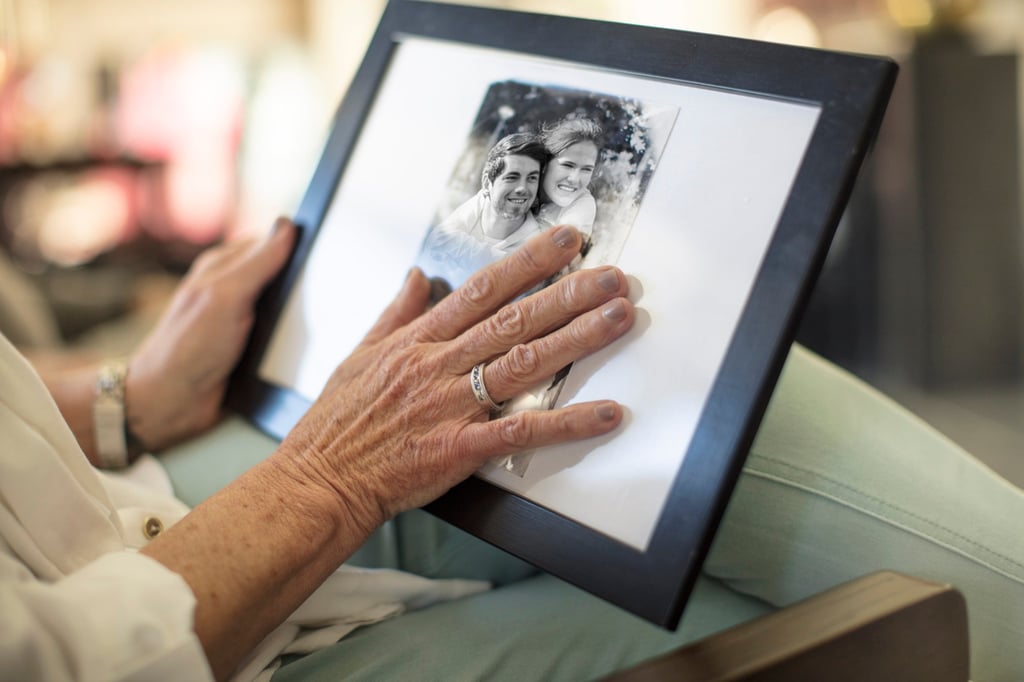How exercise and outdoor activities help with grief and loss, reducing depression and symptoms of anxiety and PTSD
- Outdoor activities, team sports and relaxing exercises provide physical and mental health benefits to those in mourning, study suggests
- A Hong Kong widow weighs in on the healing power of exercise while mourning, and a therapist highlights its ability to restore a sense of ‘control’

New research suggests exercise can help people cope with grief after the loss of a loved one by alleviating feelings of depression, anxiety and post-traumatic stress disorder.
Exercise can create a sense of freedom and enable the bereaved to express their feelings while providing a distraction and escape from grief.
A team of researchers from three British universities reviewed eight different types of bereavement for the study, including that triggered by loss of a parent, spouse, patient, unborn child, someone in later life, a carer, and multiple losses.
They found that activities including yoga, running, walking and martial arts could be beneficial for the physical and mental health of those who have been bereaved, including those who had lost someone at a young age.

The types of exercise most likely to be of benefit were those connected to the outdoors such as walking, running, hiking, canoeing and cycling; activities based around relaxation and a focused mind, including yoga and qigong; mixed martial arts; and team sports such as football and rugby.